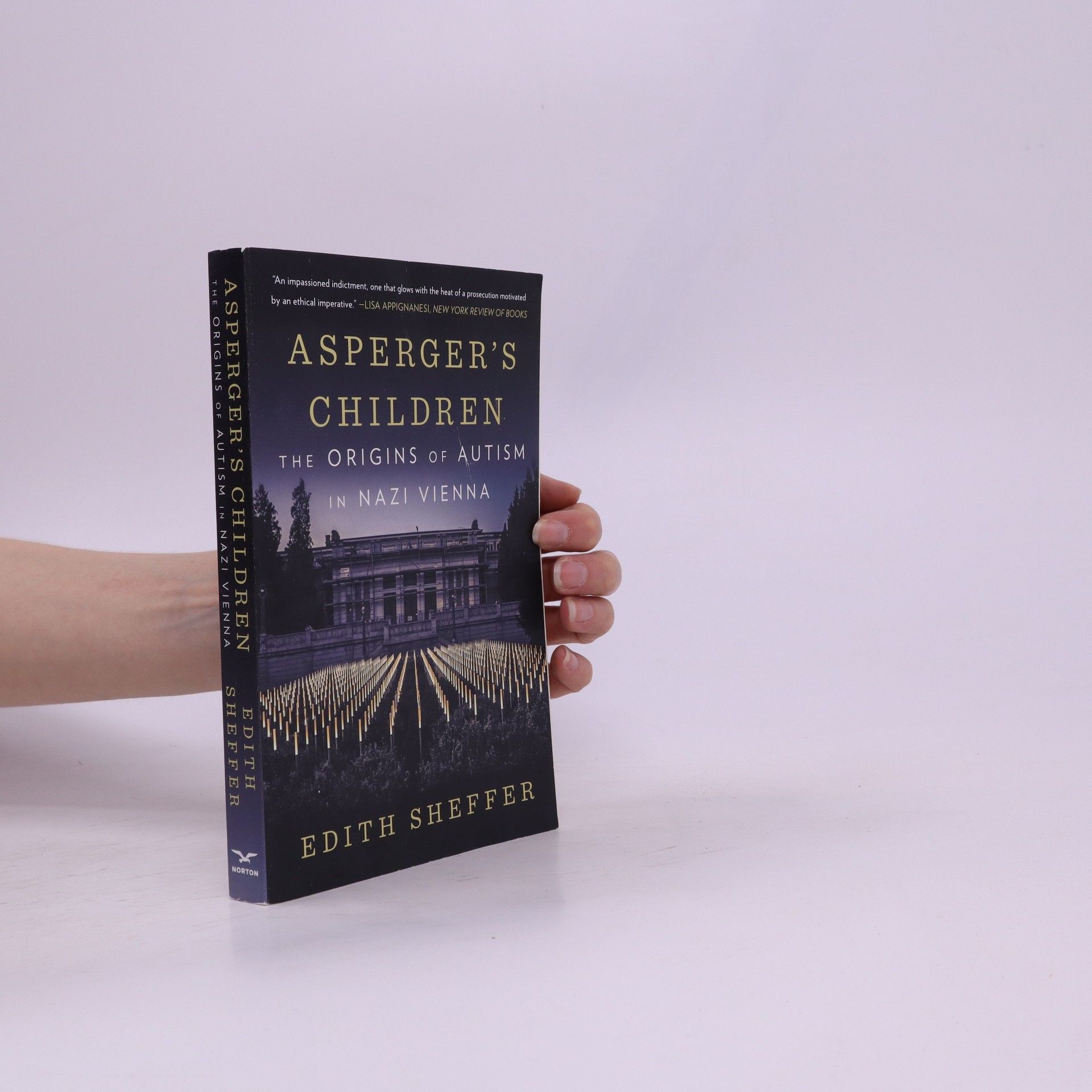Asperger's Children
- 320pagine
- 12 ore di lettura
“An impassioned indictment, one that glows with the heat of a prosecution motivated by an ethical imperative.” ―Lisa Appignanesi, New York Review of Books In the first comprehensive history of the links between autism and Nazism, prize-winning historian Edith Sheffer uncovers how a diagnosis common today emerged from the atrocities of the Third Reich. As the Nazi regime slaughtered millions across Europe during World War Two, it sorted people according to race, religion, behavior, and physical condition. Nazi psychiatrists targeted children with different kinds of minds―especially those thought to lack social skills―claiming the Reich had no place for them. Hans Asperger and his colleagues endeavored to mold certain “autistic” children into productive citizens, while transferring others to Spiegelgrund, one of the Reich’s deadliest child killing centers. In this unflinching history, Sheffer exposes Asperger’s complicity in the murderous policies of the Third Reich. 15 illustrations

